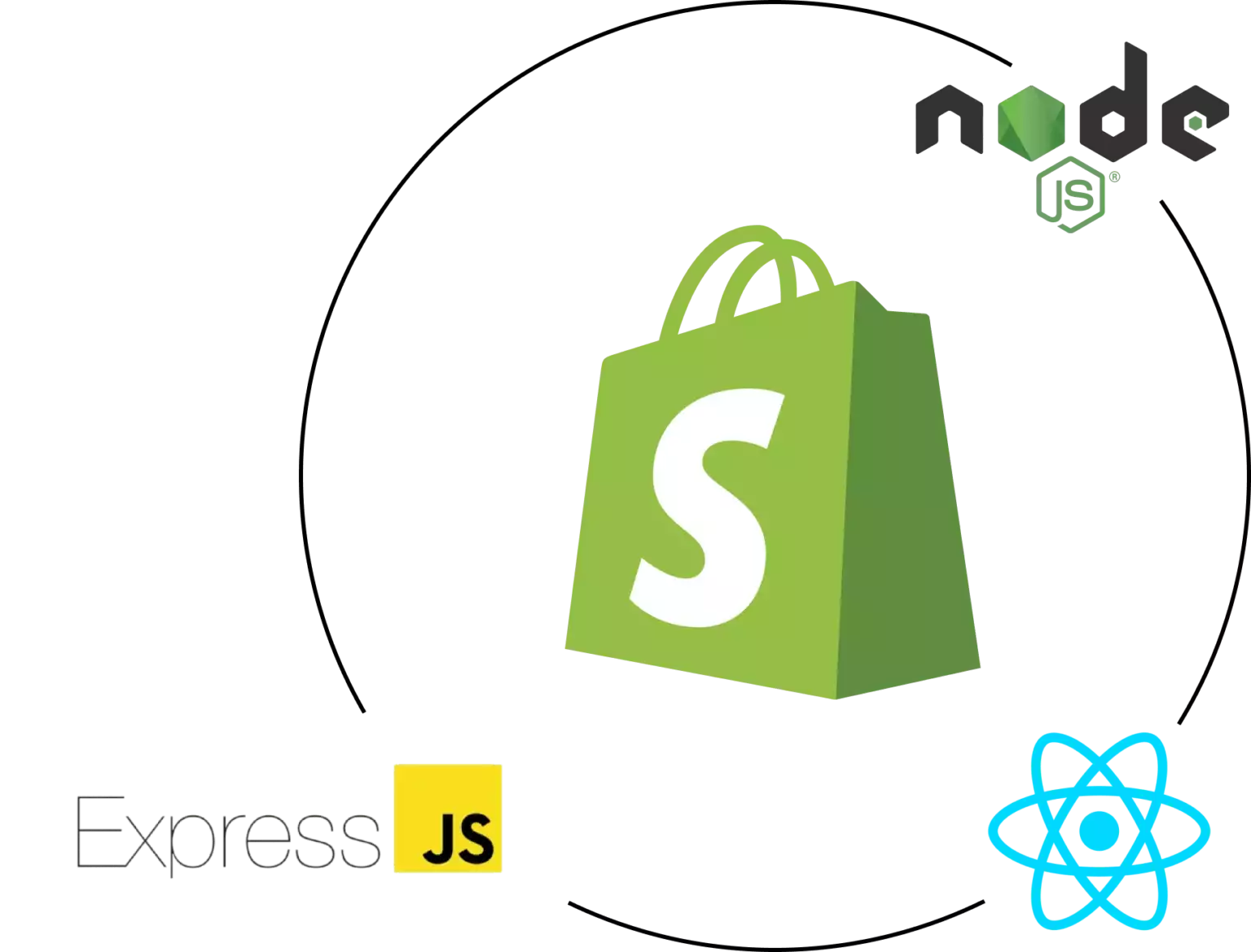Introduction
In today’s cutthroat e-commerce environment, standing out is paramount, and one of the best ways to differentiate a Shopify store is through custom app creation. A well-built Shopify app can boost store functionality, streamline operations, and boost customer engagement. This guide delves into key elements of Shopify app development, from API integration to scaling strategies and digital marketing approaches, providing a roadmap for companies looking for unmatched store efficiency.
The Importance of Shopify API Integration
Shopify’s API provides powerful tools to customize and extend store capabilities. With the GraphQL and REST API options, developers can retrieve information to create apps that manage inventory management, order handling, and customer information management smoothly. Using Shopify’s API can enable improved workflow automation and allows stores to assist shoppers more efficiently.
Adopting the Polaris Design System
Shopify’s Polaris is Shopify's design system for designing intuitive and accessible Shopify apps. By adhering to Polaris guidelines, developers guarantee that apps seamlessly integrate within the Shopify Admin experience. This ensures a cohesive look and feel that resonates with Shopify merchants, encouraging usability and familiarity for merchants using your tailored app.
Navigating the Shopify App Ecosystem
The Shopify app ecosystem offers endless possibilities for improving online stores. From managing fulfillment processes to increasing customer interaction, apps in this ecosystem are designed to meet various business requirements. Familiarizing with this system assists developers in identifying unique app ideas and enables seamless integration of external tools that add value to the store.
Developing Embedded Shopify Apps
Embedded apps integrate directly within the Shopify Admin, providing a smooth interface for merchants. They allow merchants don’t have to navigate away from their Shopify dashboard, streamlining their workflow. Employing Shopify App Bridge and embedded app capabilities is recommended for offering a unified, integrated user environment.
Using Node.js and React for Shopify Apps
The technologies Node.js and React have emerged as ideal tools for Shopify app development. This server-side framework enables high-performance server-side applications, while React enables dynamic, responsive front-end design. Together, they offer an strong framework for creating speedy, growth-ready Shopify apps that enhance store functionality and customer interaction.
Utilizing Webhooks in Shopify Development
Webhooks allow real-time data synchronization between Shopify and an external app. They initiate events such as new orders or inventory updates and send instant notifications to your app. By utilizing webhooks, apps can provide up-to-date information to store owners, streamlining workflows and boosting productivity.
Customer Engagement and Digital Marketing for Shopify Apps
To ensure Shopify app success, engaging customers is crucial. Utilizing online marketing techniques like SEO, email marketing, and social Shopify API tools media campaigns can drive app adoption. Additionally, designing apps with customer interaction as a focus (e.g., loyalty programs or personalized recommendations) increases user loyalty and satisfaction.
Scaling Your Shopify App
As e-commerce businesses grow, so do their technology requirements. Making sure that your app can scale to handle increased traffic, larger databases, and more complex functionalities is critical. By improving server resources and implementing scalable solutions, you can develop apps that grow in tandem with a store’s growth.
Essential Features and Maintenance for Shopify Apps
For an Enhance Shopify sales channels app to be useful, it should offer essential features like user login, dashboard analytics, and support channels. Ongoing app upkeep, with updates to fix bugs and ensuring compatibility with new Shopify functionalities, is vital to ensure continuous operation and avoid interruptions to business processes.
Conclusion
Custom Shopify app development holds vast potential for e-commerce businesses, providing the chance to enhance store functionality, streamline processes, and foster customer loyalty. From integrating APIs to focusing on scalability and customer interaction, building a Shopify app involves thoughtful preparation and well-planned actions. If you’re prepared to unlock your store’s full potential, a tailored Shopify application could be the perfect solution. What capabilities do you see for your dream application? Share your ideas and take the first step toward an enhanced e-commerce journey!
